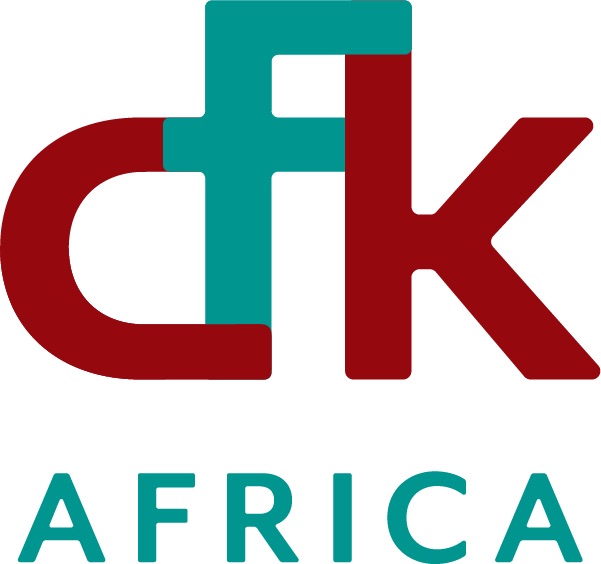Written by Hannah Bain. Contributions from Edith.
Raised and educated in Kibera, Edith understands the complexities of the community firsthand. It is an area of juxtapositions, full of extreme hardships but alive with opportunity and camaraderie.
“Growing up in Kibera is challenging, but we love the area,” Edith said. “Everyone is kind. We take care of each other.”
After giving birth to her first and only child, a daughter named Lexi, Edith did everything she could to make sure her baby had a strong start to life. But crippling financial challenges made it difficult, if not impossible, to ensure that she and Lexi had access to the nutrients they needed to stay healthy.
In just a few months, Edith recognized that something was wrong. Her daughter was underweight. She often got sick, refused to eat, and didn’t play like many of the other kids.
“They made her strong”
Determined to find a solution but unsure of what to do, Edith reached out to CFK Africa’s nutrition program. She had previously attended CFK’s Tabitha Maternity Home and Tabitha Medical Clinic for care, but she heard about our nutrition services through one of her friends. Her daughter enrolled in our nutrition program in early 2020, just before the World Health Organization officially classified COVID-19 as a pandemic.
Over the next year, amid increasing financial challenges and food insecurity caused by the pandemic, Lexi gradually progressed through the program before being successfully discharged in 2021.
“The nutrition program staff were the second parents to my baby,” Edith shared. “They helped me when I needed them most and stood up for both me and my daughter. Ever since she was discharged from the program, she has been healthy, active, and strong. Now, she sings, dances, and plays with other children.”
Training nutrition champions
In addition to providing robust feeding programs and nutritional supplements for malnourished children, CFK works with caregivers like Edith to ensure that children stay healthy and reach development milestones even after they are discharged from the program.
Caregivers participate in trainings on topics ranging from making nutritious meals without increasing their daily budgets to creating engaging, homemade toys with locally available materials. Toys like dolls and shakers provide stimulation, which supports young children’s cognitive development, and they can also help refine small and large motor skills.

“I learned a lot from the trainings with CFK,” Edith said. “I came from a poor background and couldn’t afford toys, but CFK taught me how to make toys using available materials. This allows me to do so much for my child without having to spend money at the market.”
Drawing on what she learned from the trainings, Edith remembers collecting beads and plastic water bottles to make homemade rattles for Lexi when she was young. Now about two years old, Lexi prefers to play with the dolls. Edith makes those as well and smiles when she sees her daughter carrying them around on her back everywhere she goes.
The path to a brighter future
Though Lexi was successfully discharged from the nutrition program about a year ago, Edith remains connected with CFK. She has referred neighbors and friends to our nutrition services and is always happy to catch up with our staff when she sees them out and about in the community.
While Lexi will not start primary school for a few years, Edith is already thinking about the future she wants for her daughter.
“I would like my daughter to have a future that is different from mine because I have planned a lot for her,” Edith shared. “I want her to be somebody, to study in a good school and get a good job. I want her to have a good future.”
Help us provide lifesaving nutrition services to more children like Lexi and read more about how we promote cognitive development through our nutrition work.
